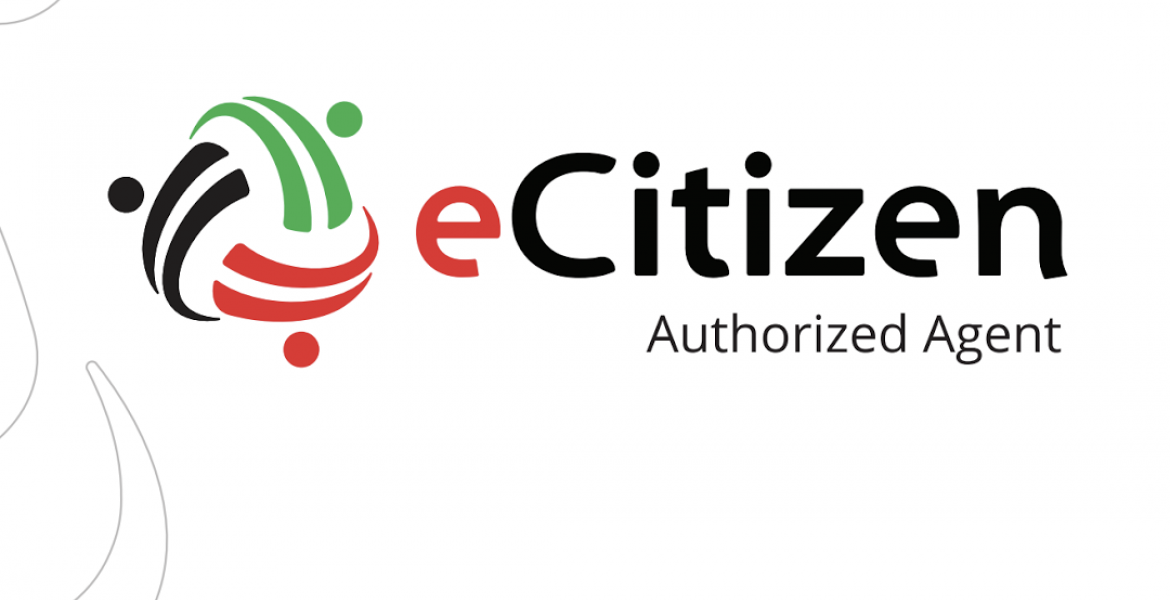School Fees Payment Via E Citizen Deals Blow To William Rutos Plans

The High Court has issued a temporary suspension of the government’s directive requiring parents to pay school fees through the eCitizen platform. The court’s interim conservatory order, released on Wednesday, puts on hold the circular issued by the Ministry of Education on January 31, 2024. According to the directive, parents were mandated to make digital payments through eCitizen until February 13, pending further guidance from the court. This decision follows a legal challenge by a doctor from Nakuru County who argued that the initiative lacked public participation and posed significant inconvenience to parents relying on non-monetary methods for fee payments.
The surgeon contended that the program’s implementation would cause substantial challenges and inconvenience, particularly for parents utilizing non-monetary means to pay school fees. President William Ruto defended the directive, emphasizing its goal of promoting transparency and responsible fund utilization for the benefit of students. While addressing a delegation in Tokyo, Japan, Ruto highlighted the government’s intention to eliminate illegal levies charged by school boards, ensuring a transparent handling of funds.
The Ministry of Education’s notice on January 31 directed guardians of learners in national schools to make payments through the eCitizen platform, with Education Principal Secretary Belio Kipsang instructing school principals to submit financial information by February 6, 2024. The circular underscored the collaboration between the Directorate of e-Citizen, ICTA, Ministry of Information, Communication and the Digital Economy, and the National Treasury to streamline government services onto the eCitizen platform for improved service delivery.
While Immigration and Citizen Services Principal Secretary Julius Bitok affirmed that the move would enhance accountability in public institutions nationwide, he clarified that the implementation would occur in phases, starting with national schools before extending to other educational institutions. The High Court’s intervention temporarily suspends the directive, providing time for further legal consideration and potentially influencing the government’s approach to fee payments.
